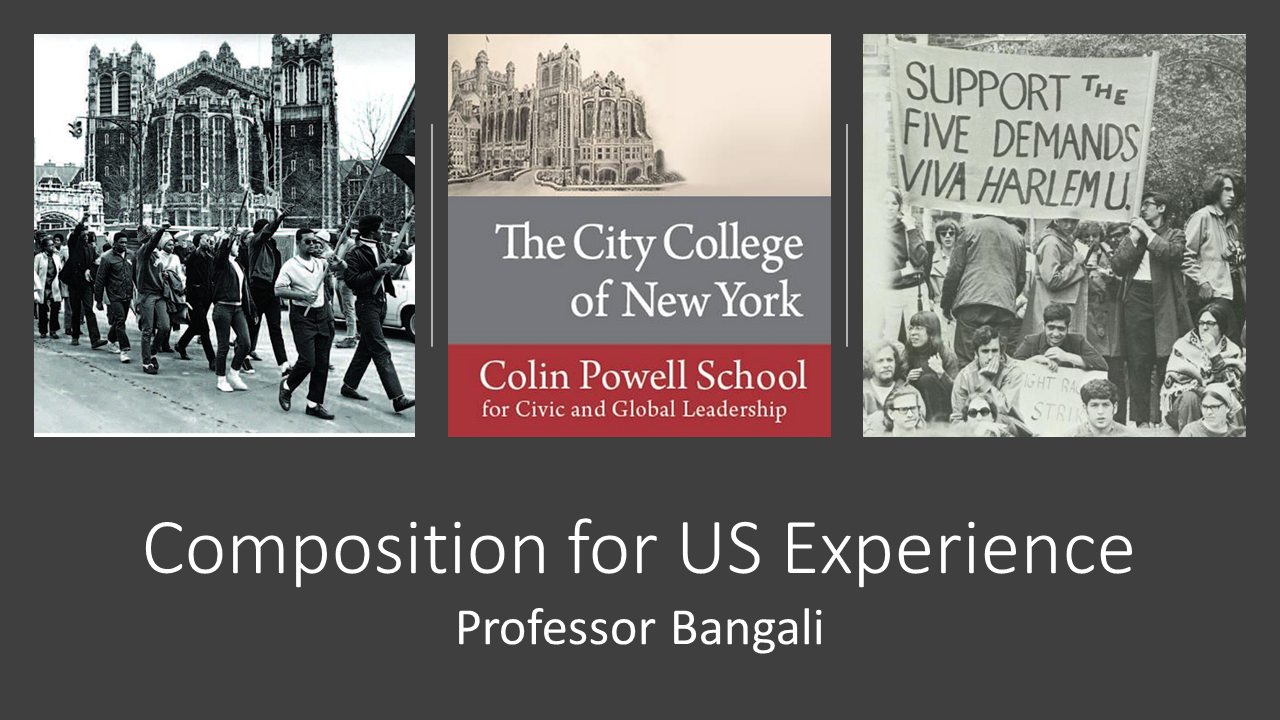Writing has changed. In a world that offers immediate gratification, I want to be able to help students find value in documenting their thoughts and seeing their evolution over time. I want to be able to encourage students to talk openly about the content in addition to finding comfort in having uncomfortable conversations regarding the content. I work with students to learn the value of writing as a tool, as a form of therapy, and as a form of self-reflection to understand their relationship with language and literacy.
When I teach writing, I heavily center my approach based on understanding writing as a process. I want to be able to let students learn the value of writing by appreciating that good writing doesn’t happen overnight. Over the years as an educator, I worked actively to learn how to better serve my student population. In my growth, I have come to realize that writing is an undertaking. In order for my student population to grow as writers, they must change how they view writing. THere needs to be a, “shift from a focus on the product of writing to its process” (Anson, 216). This process-based mindset has invited me to find more value in the revision and editing process, as opposed to basing grades just on the final draft. In doing so, the revision process is part of the expectations, and according to Muriel Harris’ work, evaluations have become one of the formative assessments. Traditionally speaking, this was a task meant for the disciplined “independent writer” (“Evaluation” 83). Through Process Pedagogy, the summative piece is important, but the work it takes to get to it has just as much value. In my class, I aim to incorporate this mindset through several mantras that have become a staple in my class. First, “your first draft is never your final draft” Secondly, “there is no such thing as good writing, only good rewriting.”
One assignment that has helped me personally and as an educator is writing my own language and literacy narrative. This assignment has helped me see the value of treating writing as a process and as a topic of inquiry. Since the topic of our own writing is one that so many think we know well, this assignment works to tap into the memories with our literary sponsors, or any agents, local or distant, concrete, or abstract – who enable, support, teach, model, as well as recruit, regulate, suppress, or withhold literacy-and gain advantage but it in some way” (Brandt, 166). Through an introspective into our past, students find those who impacted them in any way related to language and literacy, which can be enlightening and therapeutic. With an emphasis on process pedagogy, I encourage students to recognize “Donald Murray’s three distinct stages, “prewriting, writing, and rewriting” (Anson, 216). As a result, the students will come to know the value in the process by understanding how their literary sponsors helped shape their relationship and perception of literacy and language today.
I also approach the teaching of writing from a critical perspective. I believe that my students and I are equal participants. I am learning to become an expert in my field and, thus, am a learner just like my students. I want to, like Freire states, free students from the mindset that they are learning from me and welcome the notion that we learn from each other. I take Freire’s notion that students are not receptacles (The Banking Method). I believe that a teacher-decentered style enhances student learning because it empowers students to view themselves to be agents of their own learning and to recognize that true learning never stops.
On a more academic and analytical level, students in my classes will find the benefits of a focus on rhetoric and argumentation. As opposed to a limited understanding of arguments and their association with violence of any kind, “rhetoric makes argumentation the heart of public life” (Fleming 248). With a very metacognitive look into how one’s rhetorical appeals shape an audience’s thinking, students and I study how forms of media and literature work to persuade, and, perhaps more interesting, we investigate what authors do as opposed to what authors say. Through an intense engagement with texts and each other, rhetorical analysis assignments will, in time, help students shape how they negotiate communications in life later on and find richer meaning in dialogue. I find value in helping them argue effectively – to work on a position, defend it, and recognize that an opposing view has equal value to their own, even if they don’t agree with it.
Learning is a lifelong process, and part of good teaching acknowledges the idea that everyone doesn’t come to class equipped with the same set of knowledges and experiences. As an educator to young adults, I have come to know that the years of learning students complete prior to meeting me doesn’t mean that all of them learned at the same rate, were exposed to the same amount of rigor, had the same sort of supports outside of the classroom, or were exposed to the same language and content. Good teaching practices take this into account, and work to meet students on a common ground. These practices attempt to teach skills that are applicable to understanding the world that surrounds them now and thinking critically to help them navigate themselves in the world tomorrow. Through process and critical pedagogies, I aim to help students increase their writing abilities and thus increase their ability to create their own stamp in this world.



